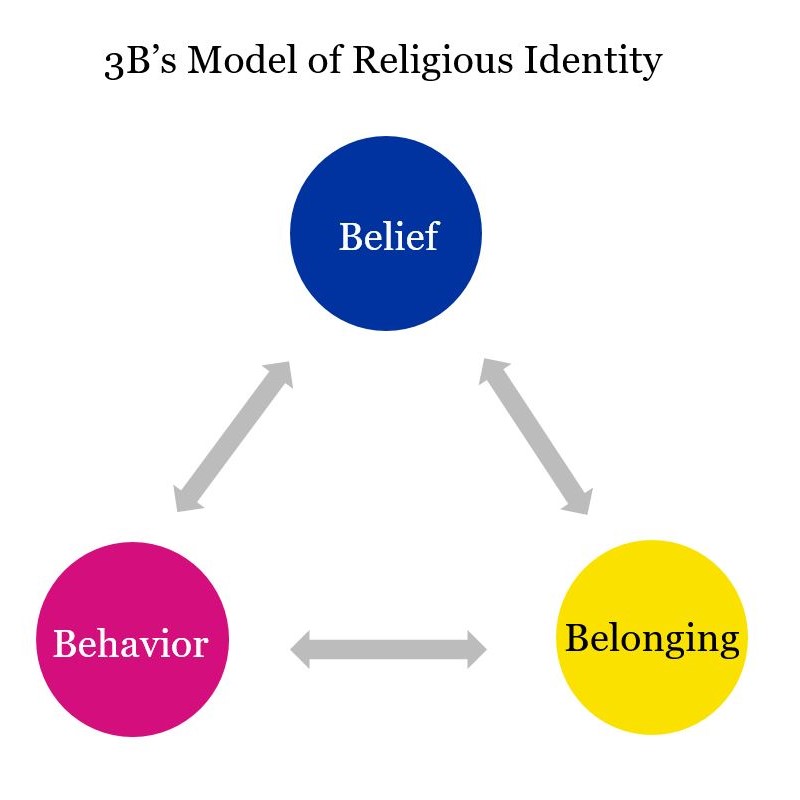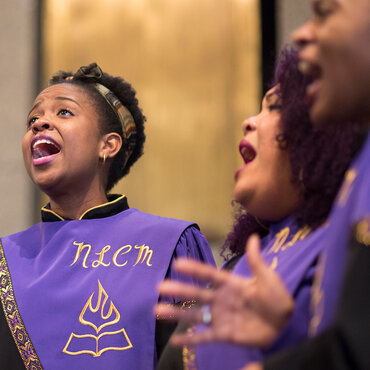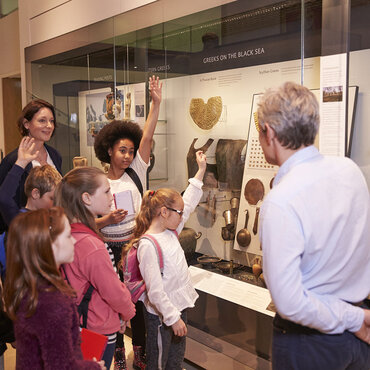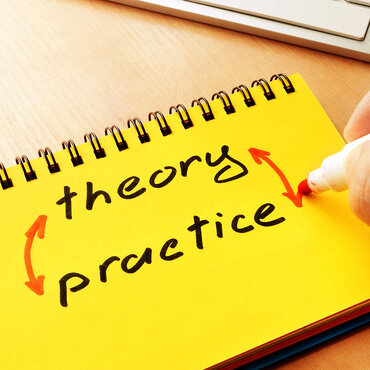
Methods of Religious Studies – Review
Before you delve into the study of a new religious tradition, let’s review the frameworks we use to approach the study of religion.
Get even more great free content!
This content contains copyrighted material that requires a free NewseumED account.
Registration is fast, easy, and comes with 100% free access to our vast collection of videos, artifacts, interactive content, and more.
NewseumED is provided as a free educational resource and contains copyrighted material. Registration is required for full access. Signing up is simple and free.
With a free NewseumED account, you can:
- Watch timely and informative videos
- Access expertly crafted lesson plans
- Download an array of classroom resources
- and much more!
- Religious Literacy
- Educator
If these frameworks are completely unfamiliar, you may want to first complete these foundational modules:
Frameworks
- First, we differentiate between academic and devotional approaches to the study of religion:
- An academic approach to the study of religion seeks to understand religions in diverse social and historical contexts.
- A devotional approach to the study of religion encourages adherence to a particular traditions.
- These three assertions about religions provide a foundation for our academic study of religion:
- Religions are internally diverse.
- Religions evolve and change over time.
- Religions are embedded in culture. Religions influence and are influenced by the cultures in which they are situated.
- “3 Things Everyone Should Know about Religion” by Andrew Henry, Religion for Breakfast
- Religious identities are formed through the interactions between an individual’s beliefs, behaviors, and experiences of belonging.

- “What Does it Mean to Be Religious?” by Andrew Henry, Religion for Breakfast
As you move through the following modules, look for evidence that religions are internally diverse, changing over time, and embedded in cultures. And as you encounter different individuals in the videos, readings, and in your work and daily life, consider how their religious identities are formed through the interactions between their beliefs, behaviors, and experiences of belonging.
You can always return to this page throughout the unit to review these frameworks.























